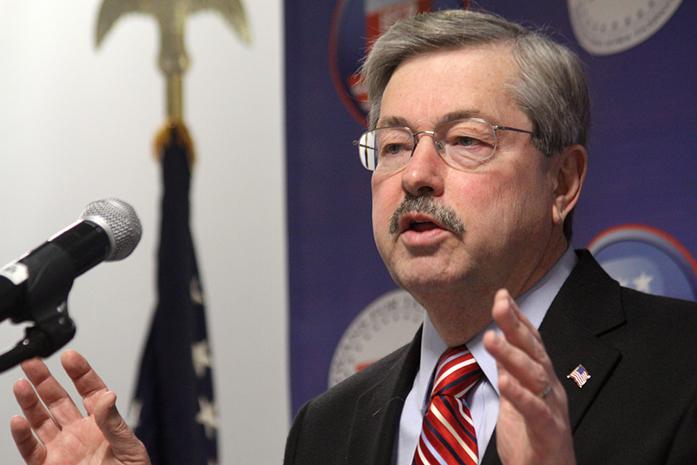By Matthew Jack
In 1985, a Chinese official named Xi Jinping, the director of the Feed Association of Shijiazhuang Prefecture, visited Muscatine as the leader of a delegation to study American agriculture. He was welcomed by Iowa Gov. Terry Branstad, who forged a personal friendship with the young official under the surface of their economic partnership.
Twenty-seven years later, when Xi returned to Iowa as China’s vice president and heir apparent to the presidency, Xi directed his staff to locate the Iowans he met with in Muscatine — the first Americans he was introduced to — whom he considered to be his “old friends.”
The act of “cornfield diplomacy” — as the New York Times put it — culminated in a multibillion-dollar trade deal for Iowa soybean products between Branstad and Xi in 2012. It was not the last of soy-export deals between the U.S. and China — after talks in Des Moines as part of an annual trade meeting in 2015, China purchased $2.3 billion in soy products, Bloomberg reported.
In November, Branstad embarked on a trip to Bejing for an eight-day trade mission to expand Iowa’s beef, pork, and soy exports to China and Japan. The visit did not go unnoticed by President-elect Donald Trump, who remarked that Branstad “would be our prime candidate to take care of China.”
“I am not ruling anything out,” Branstad told reporters in November regarding the position of U.S. ambassador to China. “But you know my focus has always been here on Iowa.”




